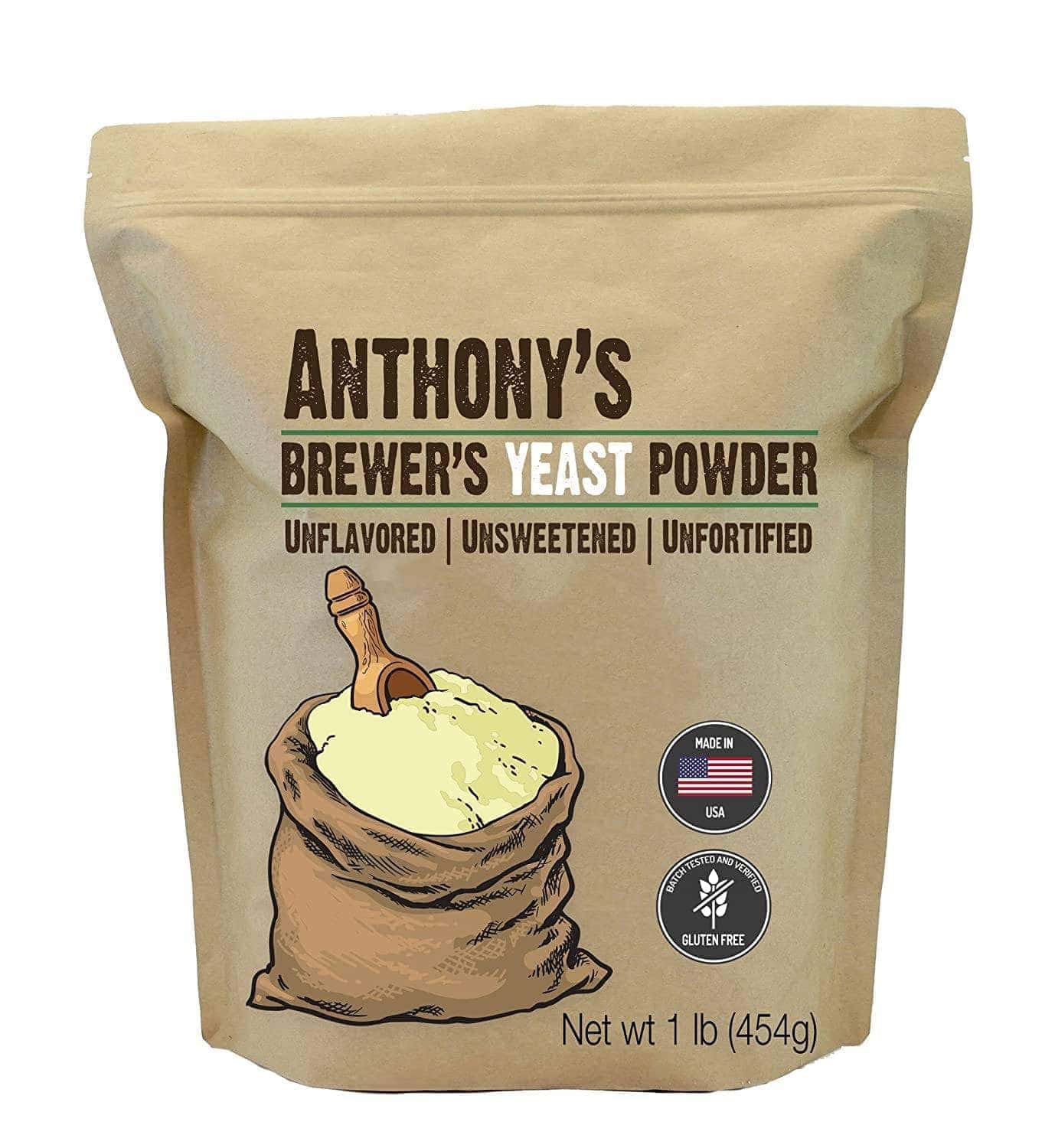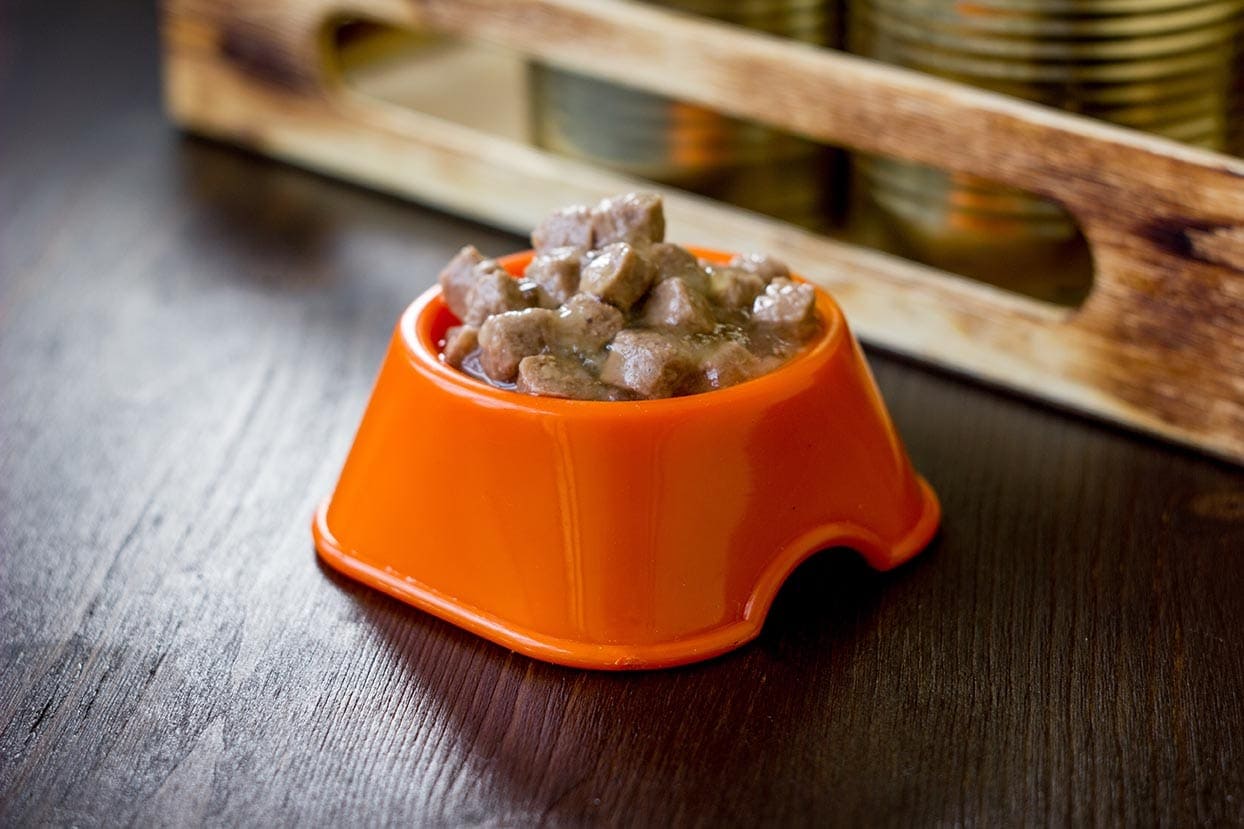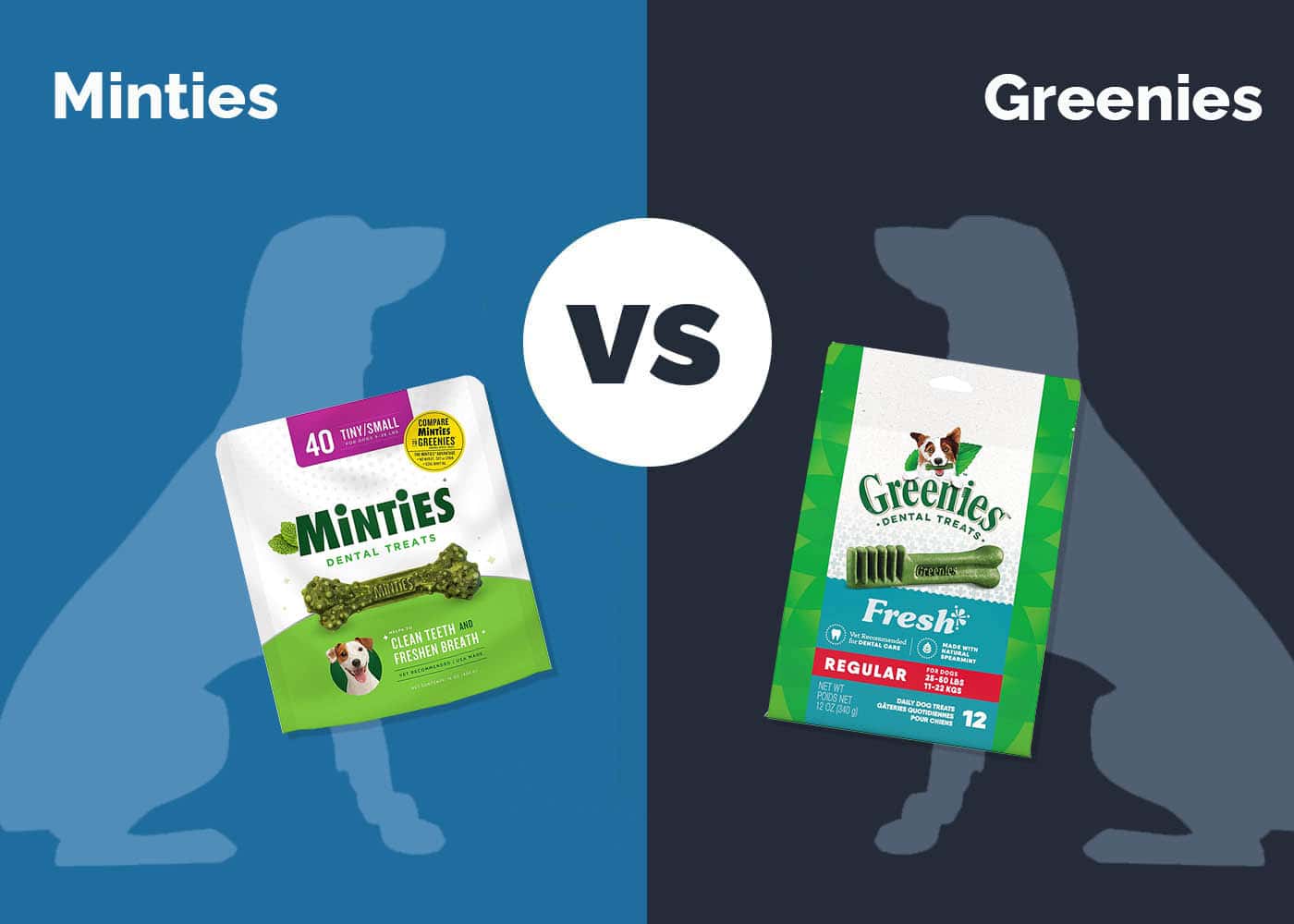10 Natural Home Remedies for Fleas on Dogs (That Actually Work)

Updated on

Owning a dog is a highly rewarding experience, but it can also increase the likelihood of a flea infestation in your house. These tiny, blood-sucking parasites may be nearly impossible to see, but they can be a nightmare to deal with and get rid of once they enter your home. They’re often most attracted to cats and dogs, so your four-legged friends will likely experience most of the bites and itchiness if fleas are present in your household. They can also feed on the blood of humans, but no matter who they’re biting, you’ll want them gone…and quickly!
There are many flea medicines and pesticides that can be used to kill fleas, and these include shampoos for your dog or cat, collars that ward off fleas, and ingestible medicine for your pet that can help keep fleas at bay. If you do notice fleas in your home, you may not want to resort to chemicals right away. Instead, you can try a more natural solution for getting rid of fleas. Below, we’ll discuss 10 natural remedies that you can use in your home to get rid of dog fleas.
The 10 Home Remedies for Dog Fleas:
1. White Vinegar or Apple Cider Vinegar
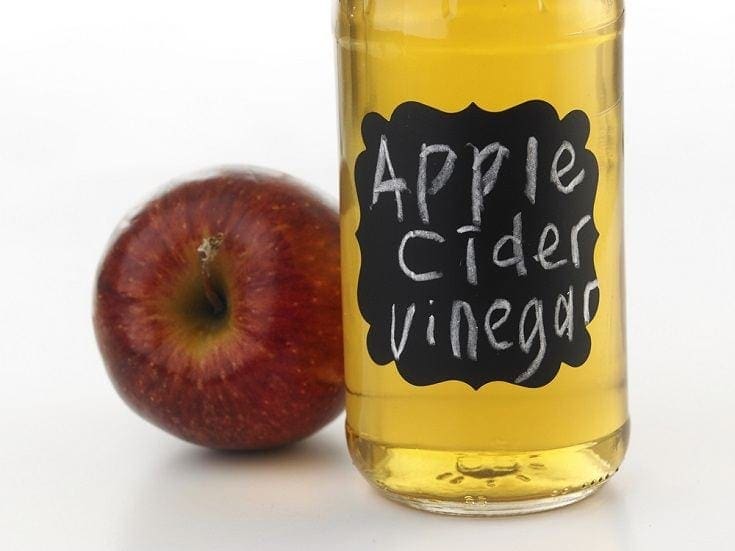
Vinegar has a naturally strong and unappealing odor, and you can use this to your advantage in your battle to get rid of fleas. This remedy will help treat fleas at the source, which will more than likely be your furry friend.
Fill a spray bottle about halfway with white vinegar or apple cider vinegar, and add clean tap water to finish filling the bottle and create a 1:1 ratio of vinegar to water. Spray this solution on your dog making sure to focus on the neck and back, which is where fleas tend to hide most often. You should never spray anything in your dog’s eyes or ears, so make sure to avoid those areas when applying the solution.
You can repeat this process two or three times a day for a few days, and monitor your dog’s coat carefully to make sure it’s working. You can decrease the ratio of vinegar in the solution as well, so if it seems that the 1:1 ratio produces too strong of a smell for your pooch, you can mix one part vinegar with two parts water.
2. Essential Oils

Essential oils are used by many people for a wide array of reasons, so you may already have some in your home. You’ll be pleased to know that some oils can help deter fleas when applied properly to your pet’s fur!
It’s very important to choose an essential oil that’s safe for your dog and to do so, you’ll want to consult your vet. Some oils can cause irritation or even be toxic for dogs, so be very careful when choosing and diluting the oil. You can safely use citronella, peppermint, rosemary, cedar, lavender, or eucalyptus oil as long as you dilute heavily by adding just a few drops to about a cup and a half of water.
Place this solution in a spray bottle, and spray your dog’s fur. Again, focus on the neck and back, and avoid spraying in or near your dog’s eyes or ears, as this can cause major irritation and discomfort.
The strong scent of the essential oils, when diluted and applied correctly, will be safe for your dog but will be very unpleasant for fleas.
3. Lemon Juice
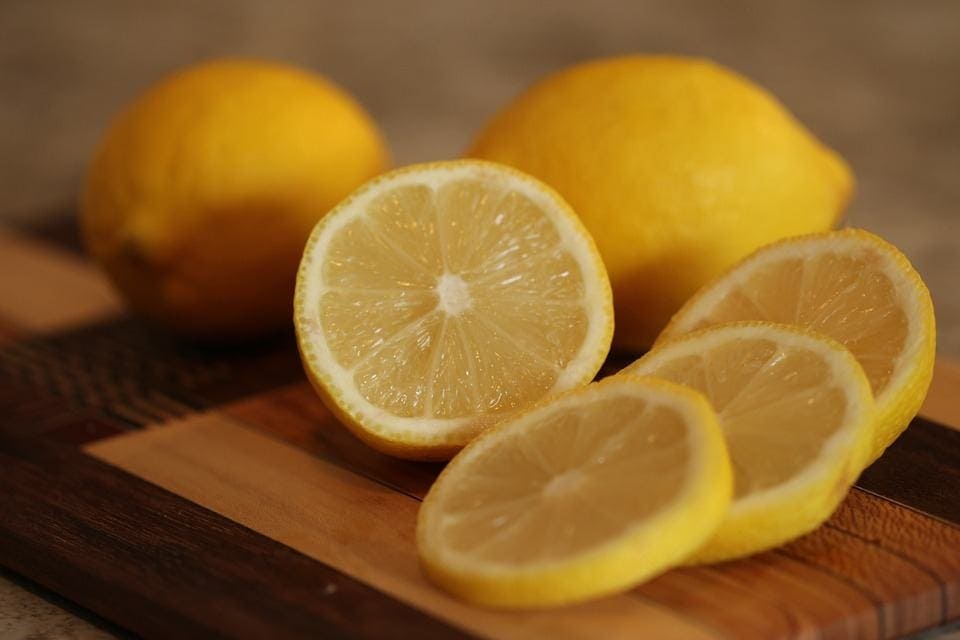
By now you’ve probably realized that a major deterrent for fleas is a strong scent on your dog’s coat, and lemon juice is another source of such odor.
A good way to implement this natural remedy is to add it to your dog’s bath. Mix about a half-cup to a cup of lemon juice into two cups of water, add a bit of your favorite dog shampoo, and rub into your pup’s fur. You can rinse this mixture out just like you would normal shampoo.
Because lemon juice is acidic, you should always avoid getting the lemon and shampoo mix in your dog’s eyes, as it can cause burning. However, it’s safe to use elsewhere on your pooch, so lather up once or twice a week to keep the strong lemon scent on your dog’s coat. Just make sure not to carry on with frequent baths for too long, as even shampoo made for dogs can deplete their natural and healthy skin oils and lead to skin irritation.
4. Natural Flea Repellent Spray

This concoction combines some of the previous natural repellents to form a stronger mixture with a more potent scent that fleas can’t stand.
To make your natural repellent, cut a lemon into thin slices and place in a water pitcher. Cut up a few sprigs of rosemary, a sprig of lavender, and a small amount of fresh sage, and add these pieces to the pitcher as well. Finally, pour about four cups of boiling water over the ingredients, cover loosely with a cloth or some plastic wrap, and let sit overnight.
In the morning, strain about a quarter cup of liquid and place into a spray bottle. You can spray this potent mixture directly onto your dog’s coat, again avoiding their eyes and inner ears. The following morning, repeat the straining process and spray again.
The multiple sources of a strong scent in this natural flea repellent will deter fleas from hopping onto your pooch, and this will help reduce the chance of fleas getting into your home as well. If you don’t mind the scent, you can also lightly spray this mixture on furniture or carpets to help prevent fleas from settling in comfortably.
5. Lavender-Infused Collar
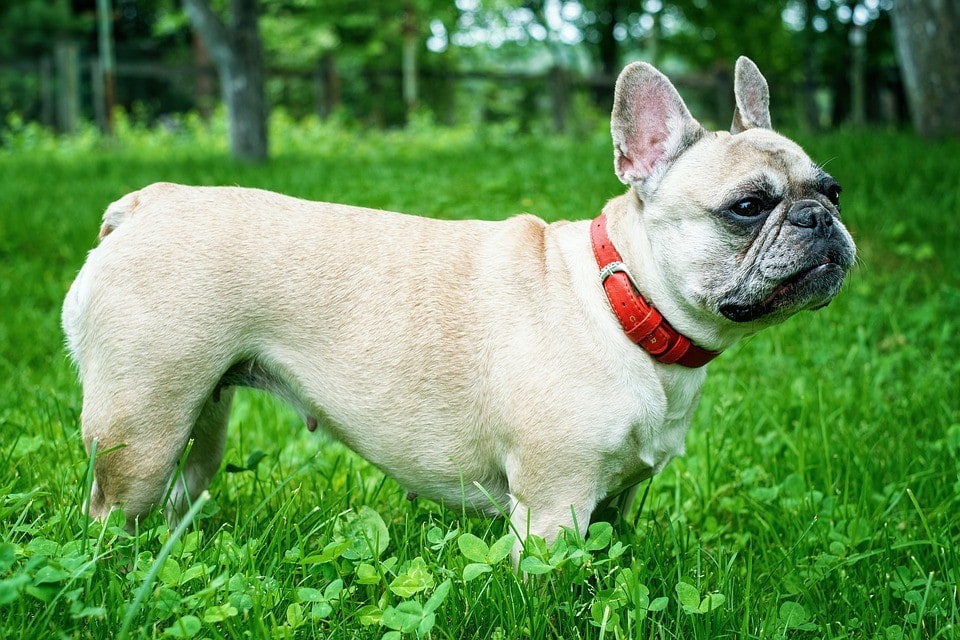
If you’re not keen on spraying your pooch down every morning or bathing them twice a week, consider adding a lavender-infused collar to your dog’s wardrobe for a natural, low-effort flea repellent.
The easiest way to do this is to use a bandana or some kind of cotton cloth long enough to tie loosely around your dog’s neck, similar to how a loose-fitting collar would fit. Lay your makeshift collar out and add a few drops of lavender oil to the cloth. Once this is done, you can tie the cloth around your pup’s neck. Again, be very careful to make sure that the cloth you choose fits loosely and won’t choke your dog.
If your dog shows signs of being irritated by the smell of lavender around their neck, you can opt for cedar oil or one of the other essential oils mentioned above. Your pooch may have a preference, and it’s only fair you consult them regarding their new clothing!
6. Flea Sachet

We know many dogs that wouldn’t take kindly to daily spraying or weekly bathing, and others who won’t enjoy such a strong smell hanging around their neck. For these dogs, a flea sachet may work wonders.
A sachet is a small bag filled with strongly scented ingredients — similar to potpourri — that’s often used to perfume clothes. In this case, your sachet will be used to scent your dog! To make the flea sachet, take a cloth that will allow odor transfer like a muslin bag or cheesecloth, and fill it with cedar chips, lemon peel, and sprigs of rosemary, sage, and lavender. Again, you can choose ingredients that you and your dog can agree are pleasant. Place the sachet near your dog’s sleeping area.
The sachet will perfume your pooch and fill their coat with scents that will naturally deter fleas. Replace the ingredients once a week or when you notice the scent wearing off.
7. Brewer’s Yeast
Maybe you’re not pleased with your dog smelling of lavender or cedar all the time, but you still want a natural remedy to repel fleas. The solution: brewer’s yeast.
This one is simple —add about a quarter to a half teaspoon of brewer’s yeast to your dog’s normal food once a day.
According to PetMD, feeding your dog brewer’s yeast is not only generally safe for your dog, but it also has been reported to deter fleas naturally when ingested. It’s important when feeding your dog brewer’s yeast to watch out for any signs of gas or digestive discomfort, as these can be side effects of consuming brewer’s yeast. If you do notice symptoms, decrease the dosage by half the following day and repeat until your pooch is free of gas and fleas.
8. Baking Soda and Salt
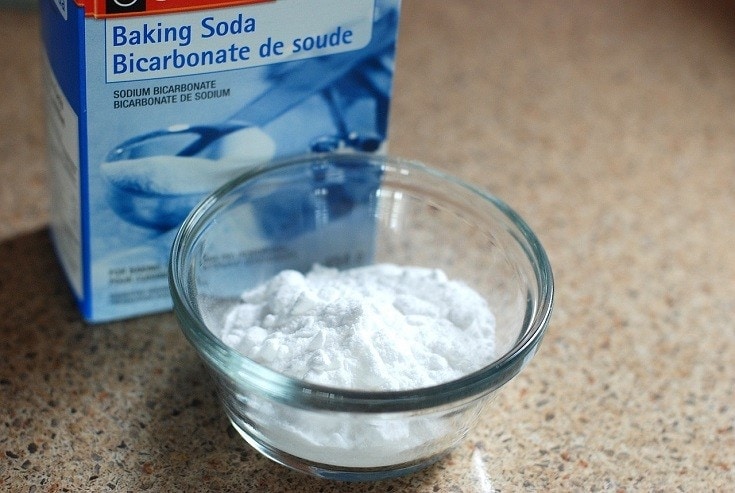
This natural remedy for fleas won’t be applied to your dog at all, but it will target the little buggers that your four-legged friend probably brought into the house. Cleaning and vacuuming with baking soda and salt can help rid fleas that have settled in your carpets and furniture.
While vacuuming is one of the best things you can do to get fleas and their larvae out of your carpets, sprinkling some baking powder down and brushing them into your carpet the night before vacuuming will help remove a larger number of fleas. Baking powder naturally dries out fleas and eggs, which will make it easier for the vacuum to suck them up.
Salt will have a similar effect and can be used in place of baking soda in the same manner.
It’s important to empty the vacuum bag in an outside garbage can immediately after vacuuming to make sure the fleas and larvae are removed from your house permanently. Repeating this process once a day can help limit the number of fleas that take up residence in your carpet fibers and couch cushions.
9. Dish Soap
If you’ve noticed that fleas have made their way into your home already, you may want to try killing them with dish soap.
For this natural remedy, you’ll want to set out a bowl or plate of dish soap mixed with warm water as a trap for fleas. While fleas are normally able to float in water, this solution of dish soap and warm water will cause them to sink and drown, according to pet experts at PetMD. You can set multiple dish soap traps throughout your house, making sure to focus on carpeted areas, as fleas tend to hide in carpet fibers. Replace the traps daily and take note of which ones capture the most fleas so you can place additional dish soap traps there.
It’s important to note that PetMD also warns that this method will kill adult fleas but won’t deter fleas from coming into your home, so you will want to combine this method with another that treats your pet’s fur directly.
10. Flea-Repelling Plants

This last natural flea repellent is another that won’t be applied to your dog and will serve more as an aid to help prevent fleas from coming back into your home once you get rid of them using one of the above methods.
A good way to repel fleas from your home naturally is to plant odorous shrubs or bushes that deter fleas in your garden beds outside. Chrysanthemums, lavender, citronella, eucalyptus, and fleawort are some plants that provide an odor that is unpleasant to fleas. Placing these in your garden beds is a good way to ward off fleas naturally.
Getting Rid of Dog Fleas: Final Thoughts
If you’re dealing with fleas on your dog or in your home, advice from a veterinarian and any medication they can offer are great ways to kill fleas quickly and efficiently. However, you may want to try to avoid using chemicals and instead resort to natural remedies that may be healthier for you, your pet, and your family. If that’s the case, choose your favorite natural home remedy for fleas above to help keep them off of your pooch and out of your house. Better yet, try a combination of methods for the best chance of ending your flea problem.
We hope you enjoyed reading this guide to the best natural home remedies for dog fleas!
See Also:
- Does Baby Powder Kill Fleas? Vet Reviewed Safety and Effectiveness
- Is Baby Powder Safe for My Dog? Vet-Reviewed Facts & Tips
Featured Image Credit: Sergey Lavrentev, Shutterstock

